Batteries are an everyday staple in our homes. They’re used to power almost everything, from your child’s favourite toy to the laptop you work on. But what happens when the battery stops working? It can be difficult to know what to do with used batteries once they have lost their charge. So, with this in mind, we have put together a guide of how you can recycle your batteries so that you can dispose of them as responsibly as possible.
C
What are batteries made from?
This really depends on the type of battery that you’re focusing on. Lead-acid batteries, for example, are made primarily from lead, plastic and acid. Alkaline batteries, on the other hand, contain zinc, manganese and steel. Despite the materials and substances they’re made of, batteries in general can be extremely harmful when placed in the general waste bin. This is why they must be disposed of in a controlled manner. We’ll talk more about the dangers of putting batteries in your general bin later on. However, let’s first discuss where you can dispose of your unwanted batteries in the first place.
C
Where to dispose of batteries
There are many places throughout the country where battery recycling can be done. You should never put them in your general waste bin. Collect them up and take them to your local supermarket, if you have loose alkaline batteries lying around. If in doubt, however, you should always bring them to your local waste recycling centre.
They will have dedicated containers available for you to throw in your wasted batteries. This also goes for lithium batteries and car batteries. There may also be an option to send your waste batteries back to the original manufacturer – check that this option is available to you as it’s a convenient way of ridding your home of unwanted batteries. When it comes to car batteries, the garage that is carrying out the work should dispose of your old one on your behalf.
C
Can you recycle batteries?
Yes, batteries can be recycled. Although it’s a complex process because of their different chemicals and components, it’s still very much achievable. Whether you have a leaking battery or some used ones that are still intact, recycling batteries has been more straightforward than ever before, preventing them from going to landfill, as they once would have.
C
Lead-acid batteries
Lead-acid batteries are broken down in a hammer mill. Here, the acid will be drained off so as to separate the lead and the plastic. The materials are then collected to form new batteries using a melting process. Take these batteries to your local waste management site to ensure responsible disposal.
Alkaline batteries
These types of batteries go through a very similar process. The materials will be separated out, extracting zinc, manganese and steel in order to manufacture brand new batteries. You should take these batteries to your local supermarket and place them in the dedicated battery recycling tube, usually at the entrance or exit. You could also take them to the tip, if you’d prefer.
Lithium batteries
These need to be disposed of carefully, because they can pose a fire risk. Any battery that can be recharged is likely to be a lithium battery. They do contain materials that can be recycled and reused to form other batteries, such as: cobalt, nickel, copper and manganese. The best way to dispose of them is to return them to the original manufacture for expert disposal. Alternatively, you could take them to your local tip. They will likely have a dedicated area for such waste items.
Car batteries
These are dealt with entirely differently from the other battery types we have just discussed. Car batteries need to be taken to your local household recycling centre, much like if you have any old car engine oil that you need to get rid of. However, if you’re having your car battery changed for a new one, then the garage that is doing the replacement should take your old battery out and dispose of it accordingly.
If you’re unsure as to whether or not the battery will be disposed of correctly, you could always ask to see some paperwork that proves that they’re bound by law to dispose of it responsibly. This is something that we have here at Willshee’s.
We have a waste carriers licence on hand to show our customers, as well as provide you with a waste transfer note for your records. This gives you peace of mind that we will never fly-tip your waste and that we aim to recycle 100% of the waste materials we have collected.
C
Can I put batteries in the general bin?
In short, no. You cannot put batteries of any kind in the general bin. From double As and old phone batteries to watch batteries and car batteries, it’s never advised to place them in the general waste bin, whether in your home or at the tip. You should always dispose of any battery responsibly, placing it in dedicated collection points and containers. You will find this, as already touched upon, at waste management sites and even the local supermarket.
C
What are the dangers of putting used batteries in the bin?
Putting batteries into the general bin is an incredibly dangerous thing to do. Not only can hazardous and toxic substances leak and contaminate other waste materials, but it could cause tremendous damage. According to Material Focus, there were over 700 fires that started in bin lorries and waste management sites that were caused by the incorrect disposal of batteries. Lithium batteries in particular are the main culprits, such as the batteries found in phones, vapes and laptops, for instance. You should never put your used batteries into the general waste bin. They should be disposed of responsibly.
C
C
Willshee’s is dedicated to providing expert waste management solutions to customers throughout Burton, Derby, Swadlincote, Tamworth, Ashby, Coalville and the surrounding areas. We have a wealth of experience in the industry, offering first-class domestic skip hire, commercial skip hire, hazardous waste removal and disposal and construction site clearance services, to name just a few of the waste management solutions available to you. We will endeavour to recycle 100% of the waste we collect from our customers, providing you with a waste transfer note for your absolute peace of mind. For further information about how we can help you today, get in touch with a member of our friendly, professional team – we’re always pleased to hear from you.





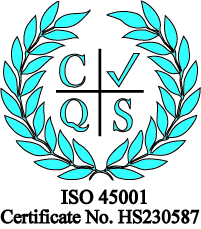
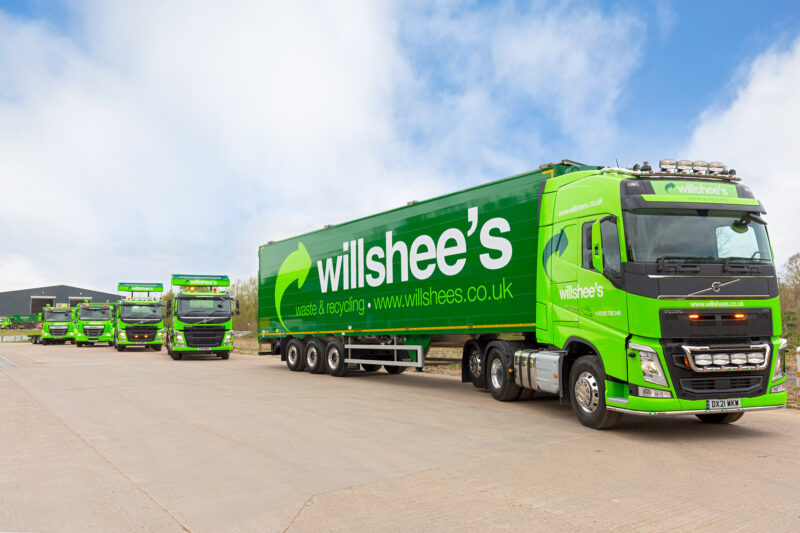
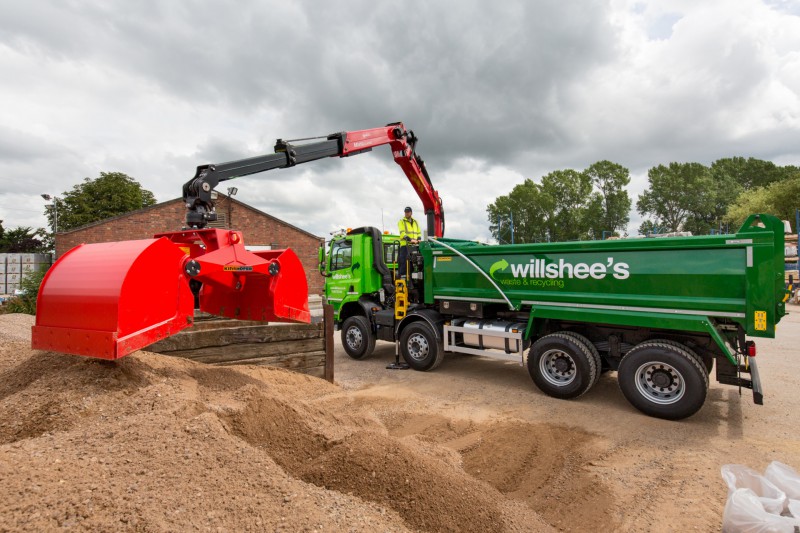

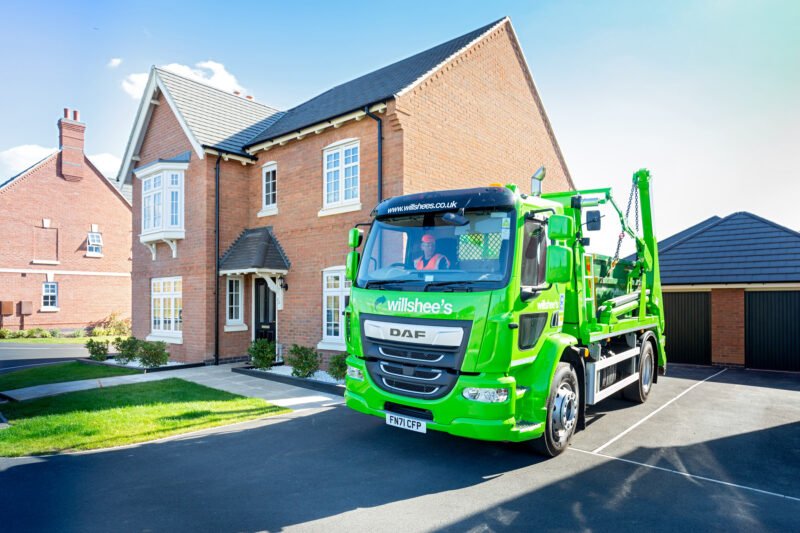
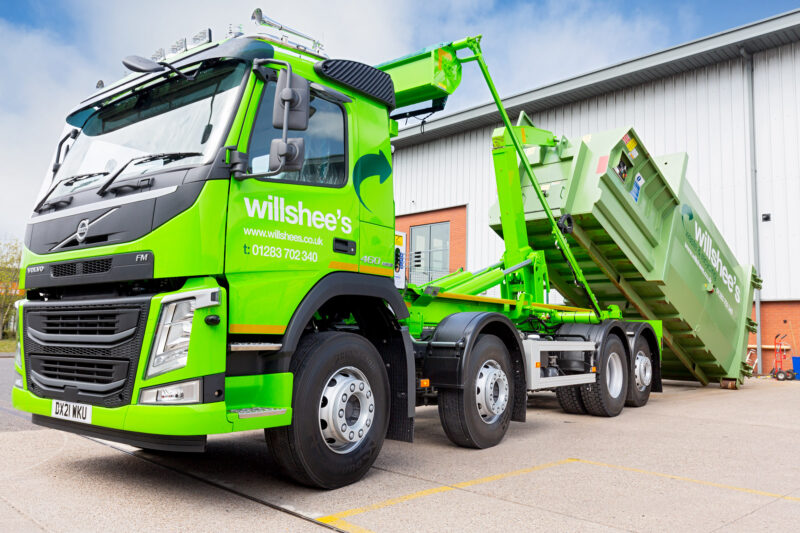
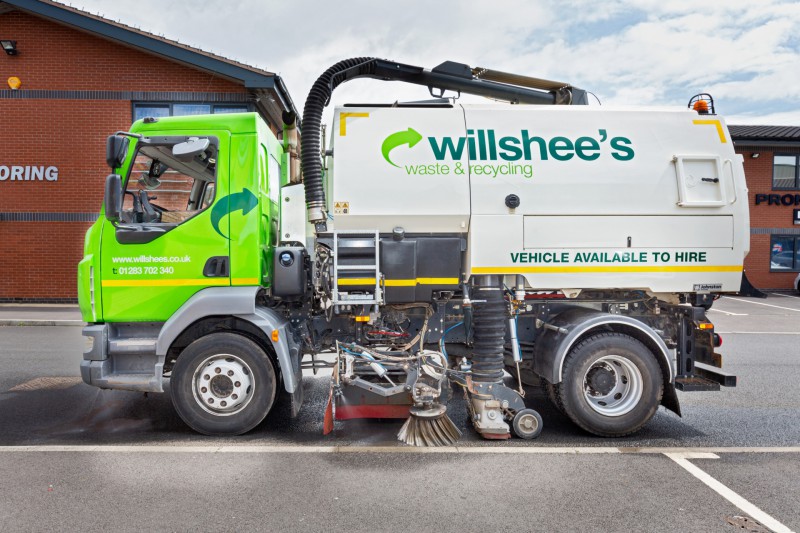
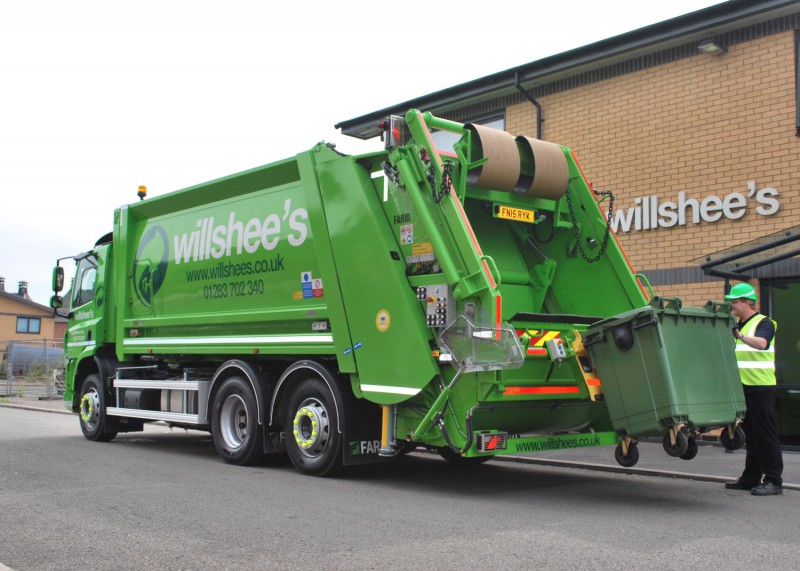
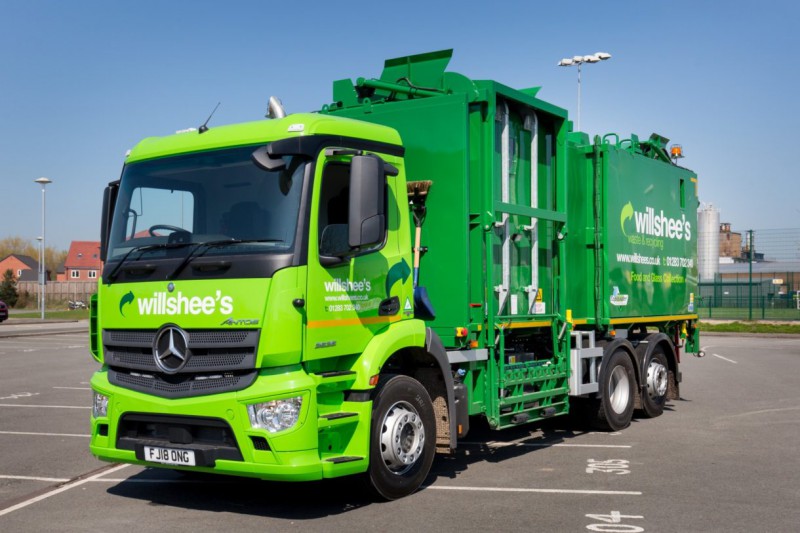
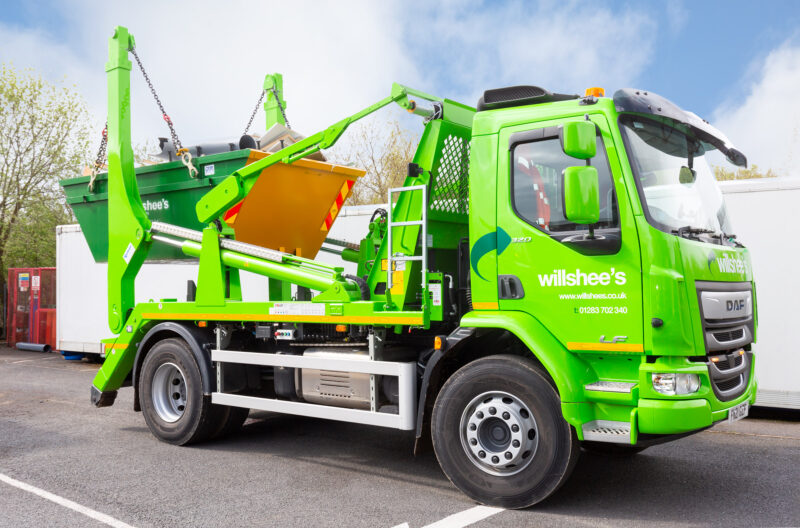
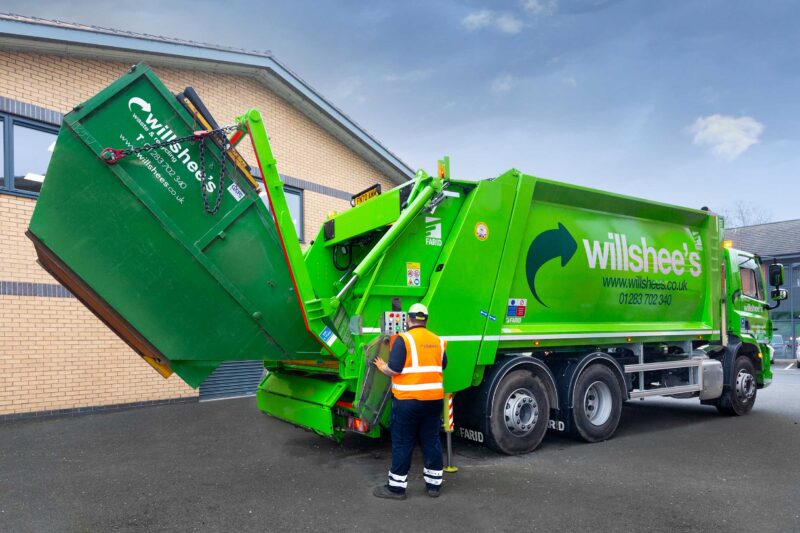
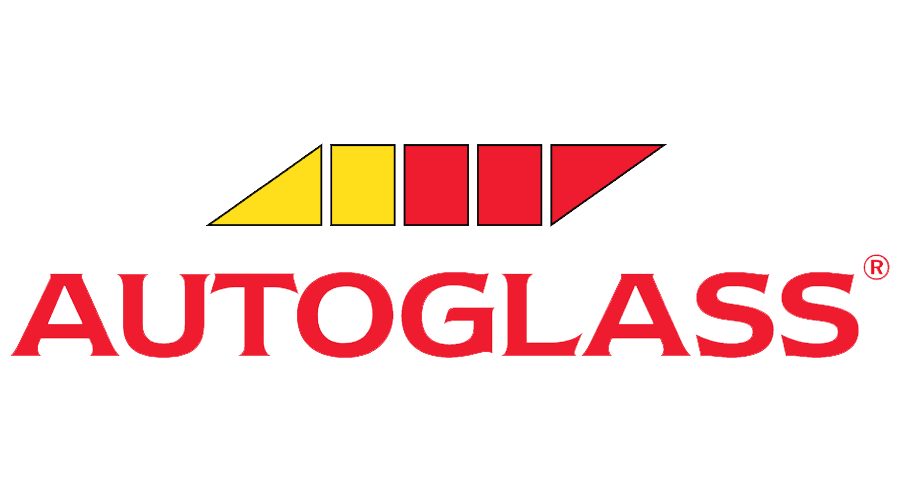


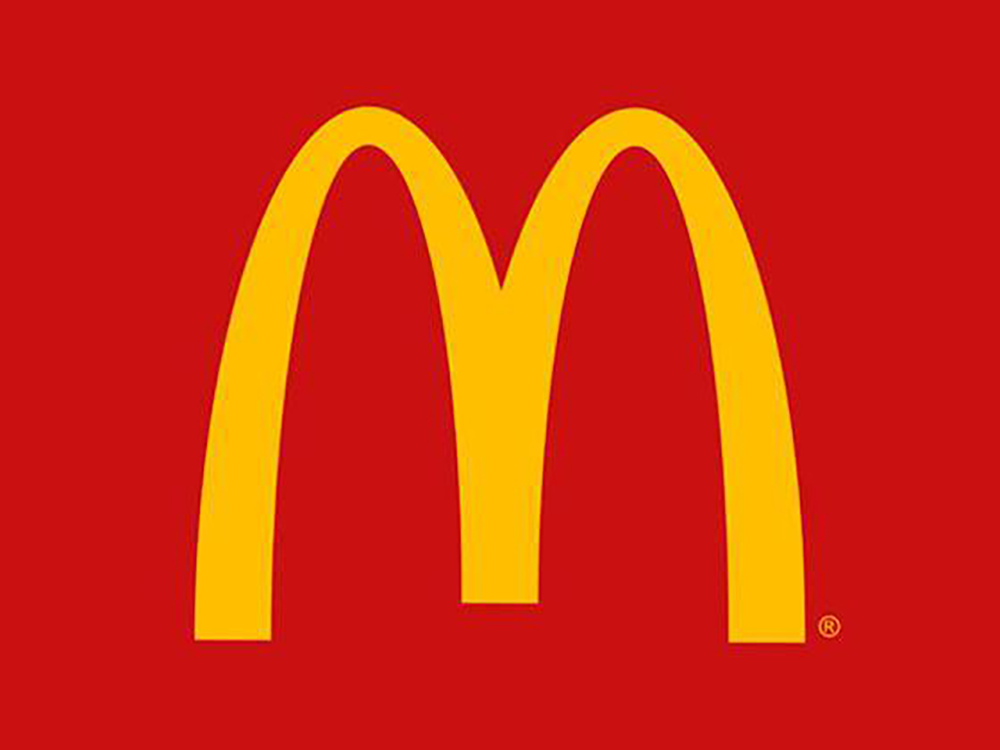


Social